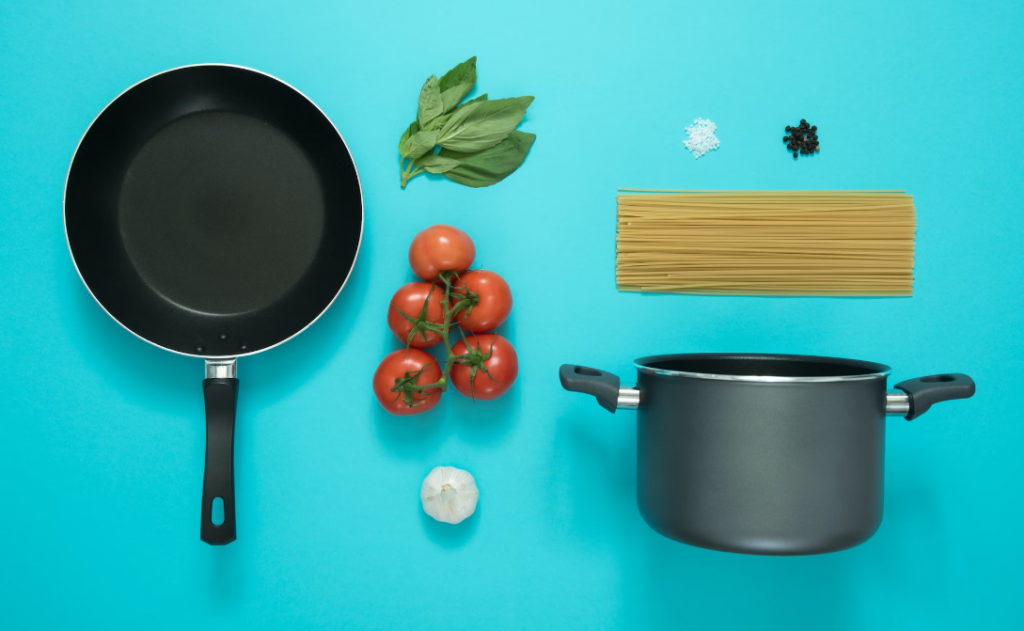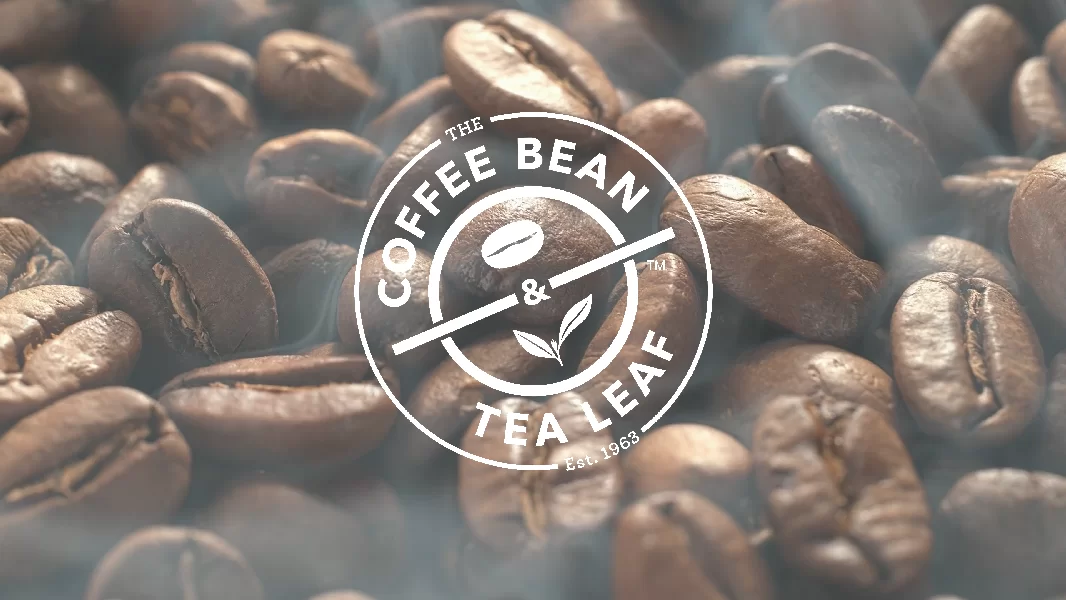
Introduction
Cooking is more than just a chore; it’s an art form that allows you to create dishes that tantalize the taste buds and leave lasting impressions. If you’re eager to become a true culinary maestro, this article is your essential guide. We will delve into the secrets and techniques that will elevate your culinary skills and help you create masterpieces in the kitchen.
The Foundation: Ingredients and Tools
Quality Ingredients
The first step in any culinary journey is to start with the best ingredients. Fresher ingredients often result in more flavorful dishes. Invest in locally sourced, organic produce, and high-quality proteins for a more satisfying dining experience.

Essential Kitchen Tools
Your kitchen arsenal is vital. From knives to pots and pans, having the right tools is crucial. A sharp knife, non-stick cookware, and essential gadgets can make a significant difference in your culinary creations.
Technique Matters: Mastering the Basics
Knife Skills
Perfecting your knife skills is fundamental. Precise chopping, slicing, and dicing not only speed up your cooking but also ensure consistent results.
Proper Heat Control
Understanding the right temperature and heat sources is essential. Whether you’re sautéing, simmering, or baking, mastering heat control is a critical aspect of culinary excellence.
Balancing Flavors
Achieving a harmonious blend of flavors is the hallmark of a great chef. Discover the art of balancing sweet, salty, sour, and bitter tastes in your dishes.
Exploring Global Flavors
World Cuisine Inspiration
Expand your horizons by exploring dishes from around the world. Different cuisines provide a wealth of inspiration for flavor combinations and cooking techniques.

Spices and Seasonings
Spices and seasonings can transform your dishes. Learn about the diverse world of spices and how they can elevate your cooking.
The Art of Presentation
Plating Techniques
Presentation is key. Discover plating techniques that make your dishes look as good as they taste.
Garnishes and Decor
Garnishes and decor can take your dish from ordinary to extraordinary. Learn how to use herbs, edible flowers, and other decorative elements.
Learning from the Pros
Culinary Workshops
Consider enrolling in culinary workshops to learn from professional chefs. These hands-on experiences can accelerate your learning and expose you to industry secrets.

Mentoring and Apprenticeships
If you’re truly committed to mastering the culinary arts, seek mentorship or apprenticeships with seasoned chefs who can provide invaluable guidance.
Experimentation and Creativity
Recipe Modification
Don’t be afraid to experiment with recipes. Put your personal twist on classic dishes to make them your own.
Flavor Pairing
Learn the art of flavor pairing. Understanding which ingredients complement each other can help you create unforgettable culinary experiences.
The Importance of Taste Testing
The Role of Palate Development
Constantly taste your dishes as you cook. Developing a discerning palate is crucial for refining your culinary skills.
Time Management in the Kitchen
Efficient Prepping
Efficiency is essential in the kitchen. Prepping ingredients in advance and organizing your workspace can save you time and stress.
Cooking Schedules
Create a cooking schedule that allows you to multitask effectively and get all elements of a meal ready at the same time.
Handling Culinary Challenges
Salvaging Mistakes
Mistakes happen in the kitchen. Learn how to salvage a dish and turn a culinary mishap into a masterpiece.
Overcoming Kitchen Stress
Stress is a common companion in the kitchen. Discover coping strategies to stay cool under pressure.
Embracing Healthier Cooking
Nutrient-Rich Alternatives
Explore healthier ingredients and cooking methods to create delicious, nutritious meals.
Light Cooking Methods
Learn how to sauté, steam, or grill your dishes for lighter and healthier alternatives.
Sustainability in the Kitchen
Reducing Food Waste
Minimize food waste by practicing proper storage, using leftovers creatively, and being mindful of portion sizes.
Ethical Sourcing
Support sustainability by choosing ingredients from sources that prioritize ethical and environmentally friendly practices.
Documenting Your Culinary Journey
Food Blogs and Social Media
Share your culinary adventures with the world through food blogs and social media. Documenting your journey can help you refine your skills and connect with like-minded enthusiasts.
Recipe Development
Create your own unique recipes and share them with your audience. Recipe development is a creative outlet for culinary enthusiasts.
Building a Culinary Legacy
Passing Down Traditions
Pass on your culinary knowledge to future generations, preserving family traditions and creating a lasting legacy.
Family and Friends
Share the joy of cooking with loved ones, creating memorable experiences through shared meals.
Conclusion
Becoming a cooking maestro is a journey filled with discovery, creativity, and joy. By mastering ingredients, techniques, and the art of presentation, and by embracing learning opportunities and cultivating creativity, you can elevate your culinary skills to new heights. Remember, cooking is not just about sustenance; it’s about creating moments and memories that linger in the hearts and taste buds of those you feed.





